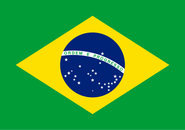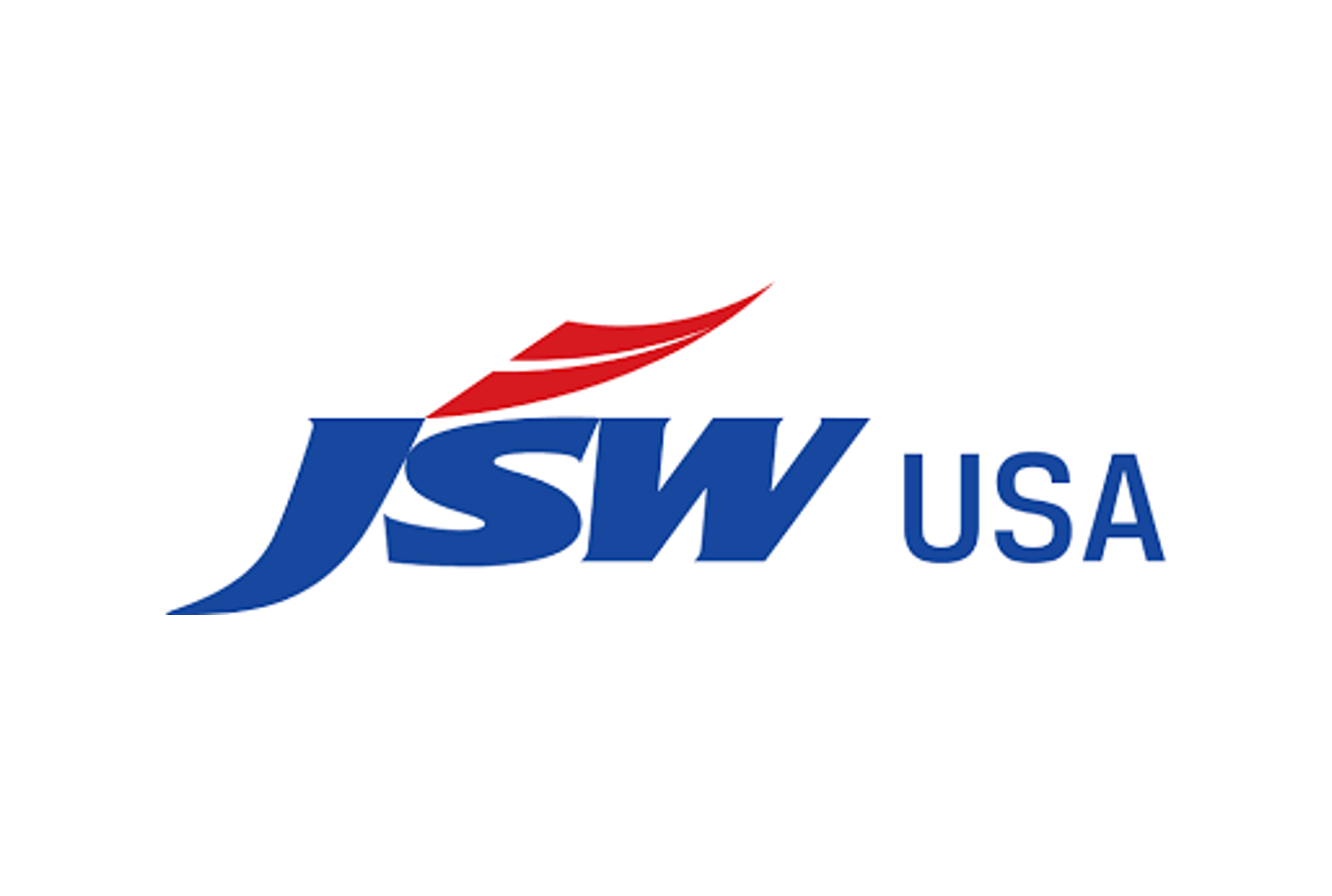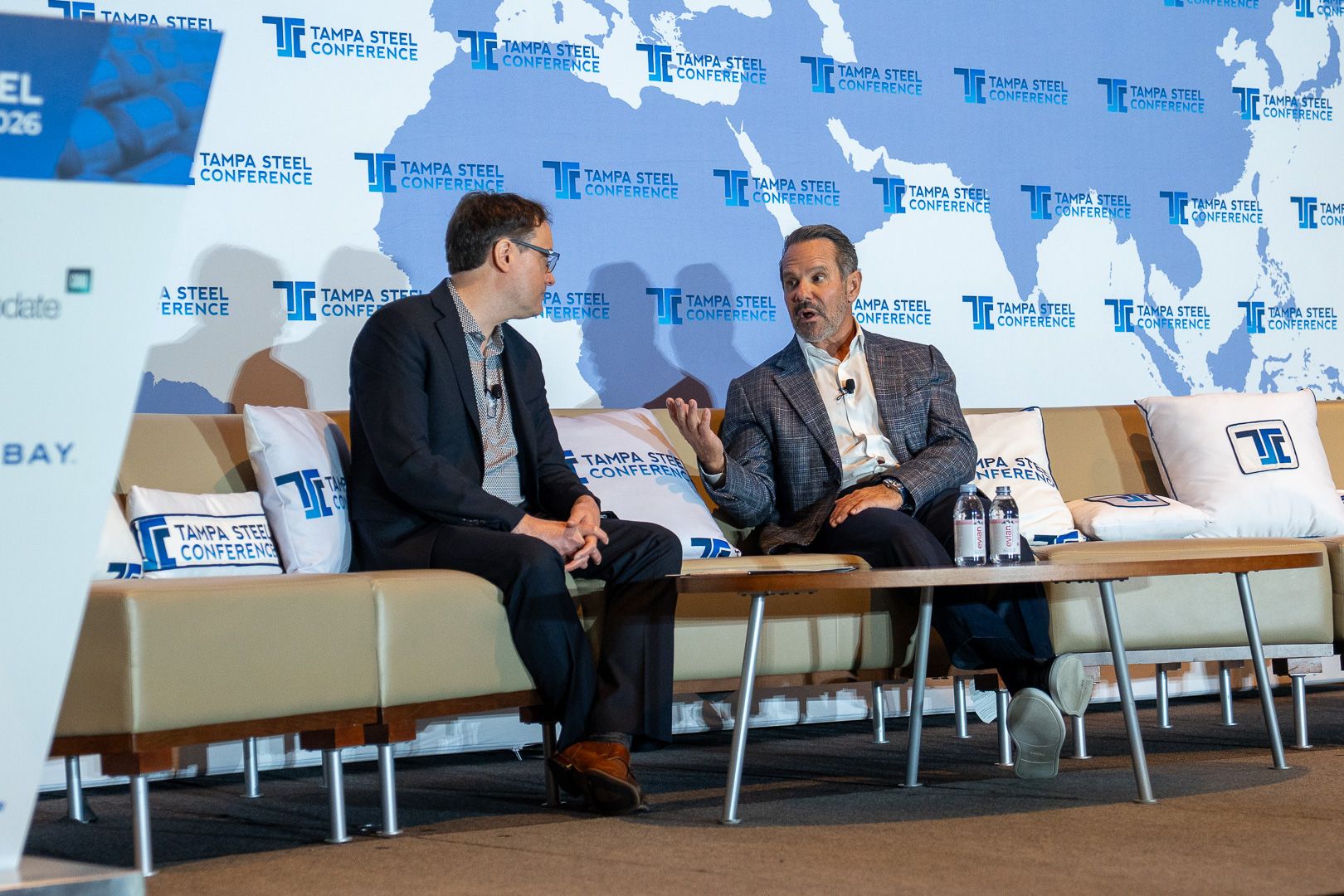Community Events

July 31, 2025
Trump exempts Brazilian pig iron, iron ore ahead of deadline, 10% tariff remains
Written by Ethan Bernard & Stephen Miller
The Trump administration has exempted Brazilian pig iron and iron ore from an aggressive tariff ahead of the Aug. 1 deadline, though a 10% reciprocal tariff still remains.
On Wednesday afternoon, just two days before implementation, the administration announced a list of exemptions for the additional 40% ad valorem tariff on products from Brazil.
Most prominently, for the steel and scrap industries, were pig iron and iron ore. Both of these commodities remain subjected to the “reciprocal tariff” of 10% set back in April. (Non-exempted imports will have a rate of 50%.)
White House statement
Specifically, in Annex 1 of a White House statement, a list of exempted products is given.
These include: nonalloy pig iron containing by weight 0.5% or less of phosphorus, nonalloy pig iron containing by weight more than 0.5% of phosphorus; alloy pig iron in pigs, blocks or other primary forms; spiegeleisen in pigs, blocks or other primary forms, ferrous products obtained by direct reduction of iron ore; spongy ferrous products, in lumps, pellets or like forms; iron of a minimum purity by weight of 99.94% in lumps, pellets or like forms, among others.
A full list of exempted products and materials, along with the White House announcement, is available here. (Note that Section 232 tariffs on steel and aluminum are separate and remain at 50%.)
President Trump warned the Brazilian government about instituting tariffs of their own as a response.
“If the Government of Brazil retaliates by raising tariff rates on United States exports, I will increase the ad valorem duty rate set forth in this order by a corresponding amount,” Trump said in the statement.
However, Trump added he could modify the policy if the government of Brazil takes “significant steps to address the national emergency declared in this order.”
Sigh of relief
The exemption was a relief for the Brazilian pig iron producers who were facing the stoppage of continued shipments to the US if the tariff applied to their product. It would have resulted in an extreme cutback in production, as they do not have alternative buyers to support their production capacity.
It was also a relief for US-based EAF flat rolled steelmakers since there were few realistic alternative substitutes for the imports from Brazil.
The exemption of iron ore also benefited US-based direct-reduced iron (DRI)/hot-briquetted iron (HBI) producers since they commonly source DRI-quality pellets from Brazil as part of their supply base.
It had been feared the absence of pig iron availability would cause scrap prices, especially prime grades, to substantially increase. Now that pig iron shipments will continue without a major interruption, the scrap market could trade basically sideways in August, sources said.
Traders react
SMU spoke with a trader in Brazil who said the exemption was a big relief and business will continue as usual.
“Most producers were planning to stop production by the end of August. They should be back to normality by next week,” he said.
The trader added he was not sure about prices going forward.
We also spoke to a large American trading firm who deals both in ferrous scrap and pig iron about how the exemption of Brazilian pig iron will affect scrap in the coming month.
He said a large EAF consumer in the Central US region told him they had a large inventory of scrap and indicated the market for August would be sideways. He surveyed several scrap dealers who were a little more bullish, but with the exemption this could quickly fade.
A steel mill source SMU contacted agreed with the sideways prediction.
He said, “Stable demand, consistent supply that will improve slightly on the industrial side is a recipe for a quick sideways move.”

Ethan Bernard
Read more from Ethan Bernard




